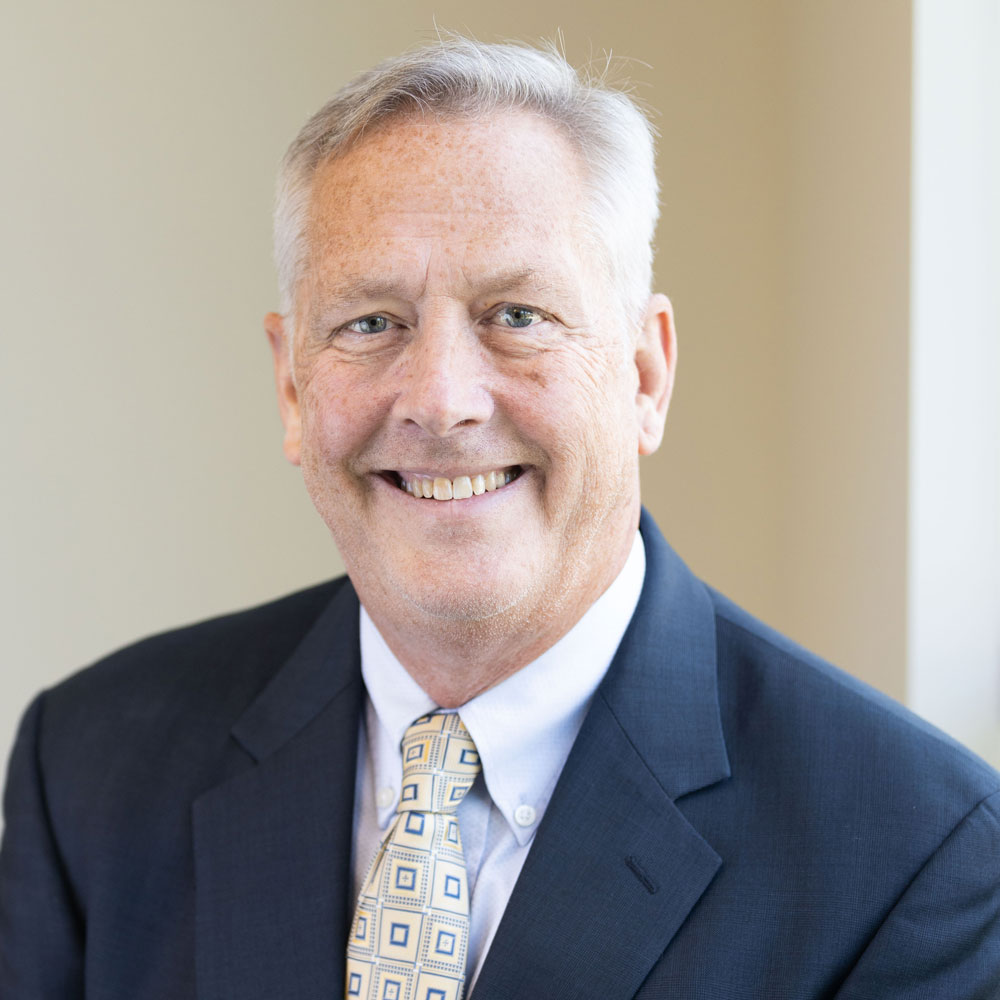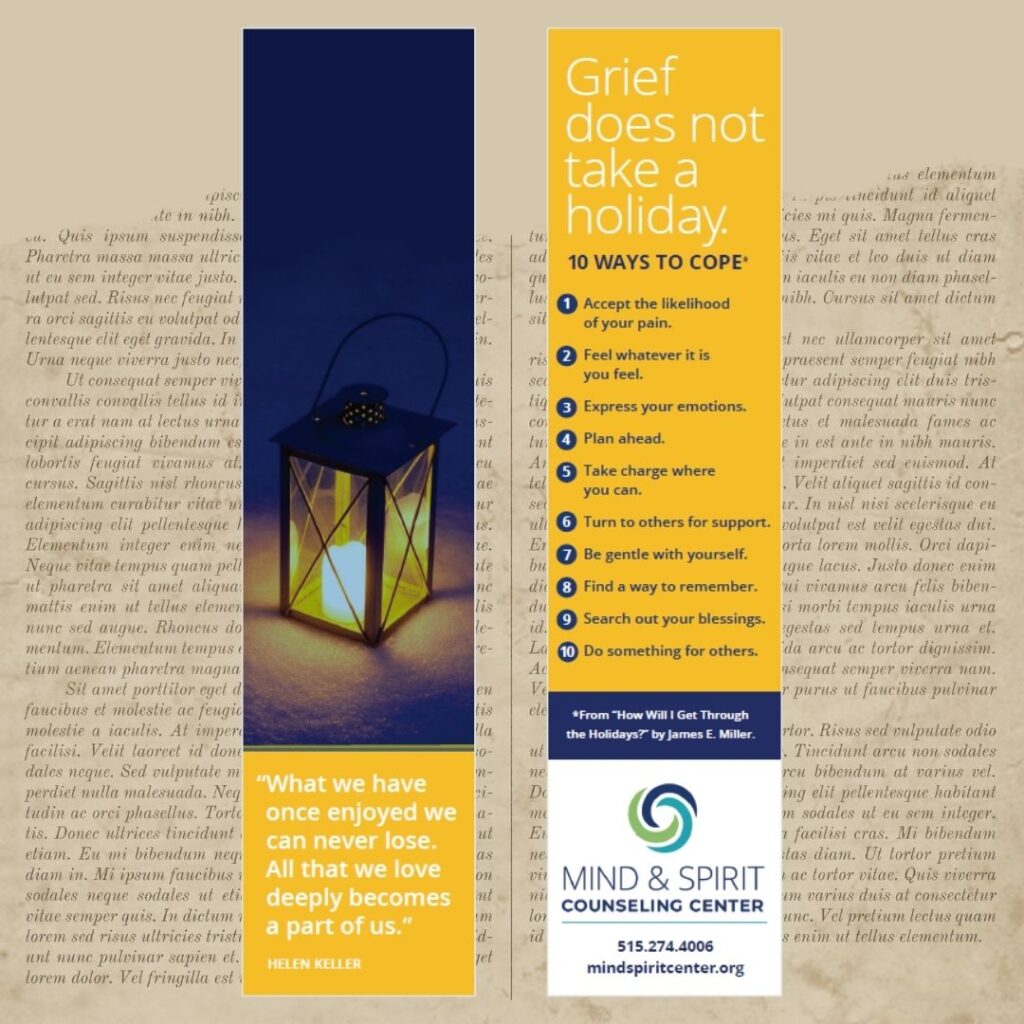On June 19 we acknowledge and observe Juneteenth, a holiday that commemorates the day that the end of slavery was announced in Galveston, Texas on June 19, 1865. Juneteenth has been celebrated by the Black community since the late 1800s. Juneteenth represents freedom and justice for Black Americans, and in recognition of that it is appropriate for us to pause and reflect on how important ending structural racism and promoting mental health equity is for the Black community, other communities of color, and our society at large.
For my newsletter reflections this month I’m stitching together a number of different citations and resources to help us deepen our understanding of this holiday and its relation to our mission.
What Is Juneteenth?
Juneteenth is a holiday celebrated on June 19th to honor the emancipation of enslaved people in the United States. The holiday can be traced to Galveston, Texas, where approximately 2,000 troops arrived on June 19, 1865, and announced the freedom of more than 250,000 enslaved Black people in Texas. Before this day, some people remained enslaved despite the Emancipation Proclamation, which was passed in 1863 to free slaves in the U.S. In places still under Confederate control – which included Galveston, Texas – many people remained enslaved until the end of the Civil War in 1865.
On January 1, 1863, President Abraham Lincoln signed the Emancipation Proclamation declaring all enslaved people free. But it was more than two years later, on June 19, 1865, when General Gordon Granger arrived in Texas to inform enslaved Black people there that they were in fact “free.” Texas was the last state in the Confederacy to receive word that the Civil War had ended, and slavery had been abolished. Of course, what followed that day was an ongoing series of efforts to continue denying Black Americans their freedom and ultimately their humanity.
On June 17, 2021, President Biden signed a bill declaring Juneteenth a federal holiday
The holiday is the undeterred and celebratory response to systemic oppression. Juneteenth also relates to another event, Black History Month, which strives to celebrate the contributions and acknowledge the sacrifices made by African Americans. Juneteenth is a declaration of Black humanity and identity. An identity that directly informs mental health and well-being. We decided in 2020 to make Juneteenth one of the annual holidays during which the Center is closed. There are intimate connections between this holiday and our mission of providing quality mental health services. The holiday gives us a chance to step back and reflect on how we might improve any gaps in our services.
Racial Inequity in Mental Health Care
Resilience. Joy. Community. Liberation. There are an infinite number of concepts wrapped up in this holiday. However, underscoring all of those is one fundamental idea that gives rise to all the others:
Humanity.
With history in mind, Juneteenth is an opportunity to point out and condemn modern examples of racial inequity in all areas of life – including mental health care. These injustices persist in the U.S. and elsewhere, and as advocates for equity, we must remember that the end of slavery did not mark the end of all racial injustice.
In the context of mental health, the difference between equity and equality influences our ability to support people of all backgrounds, especially those who belong to racial and ethnic minority groups. For some of us, Juneteenth may be one of the few days of the year when we openly discuss this distinction – but for lasting change, these discussions must continue past June.
Based on national details gathered by the American Psychological Association (APA), people from racial and ethnic minority groups are less likely to receive mental health care. In 2015, they found that among adults with a mental illness, 48% of white people received mental health services, compared to 31% of Black and Hispanic people and 22% of Asians.
Racial discrimination as well as cultural norms can prevent people from getting quality mental health care. Our cultural upbringings shape our perspectives on mental illness, and in some cultures, mental illness is more stigmatized and may be viewed as a source of shame, rather than a legitimate health concern.
Though we do our best to avoid inequity in our services, we must acknowledge that in many mental health settings cultural nuances are often complicated by racism itself. Care providers are much more likely to diagnose Black American clients with schizophrenia and overlook the symptoms of major depression, compared to their treatment of clients with other racial or ethnic backgrounds. Similarly, Black children are over-diagnosed with oppositional defiant disorder and attention-deficit hyperactivity disorder relative to white peers, which promotes poorer educational and health outcomes.
Research clearly demonstrates the impacts of racial discrimination on healthcare and long-term wellbeing. Juneteenth might occur just once a year, but it’s an enduring reminder that racial equity is both a historical and modern-day issue, and it impacts all dimensions of a human life.
What Does Mental Health Equity Look Like?
Mental health equity looks like equitable, fair reach to quality mental health care: a vision that can only be achieved through structural changes. By considering the U.S.’s historical background and diverse cultural makeup, we can restructure programs and services that support mental health equity.
In pursuit of this vision, many clinicians, researchers, and politicians are working toward the following structural changes:
• Promoting culturally responsive care
• Integrating mental health care into primary care
• Increasing funding for the education and ongoing training of mental health professionals
• Making mental health care more affordable and customizable to individuals’ budgets
Concern for these inequities undergird some foundational objectives in our future strategy at the Center. Our goal is to have the demographics of the people we serve match the demographics of Central Iowa as closely as possible. The first steps in this strategy include increased diversity in our board and staff so that we have leaders within the organization who understand what it takes to achieve such a lofty demographic goal.
We need to go beyond our internal strategies in order to seek some practical ways to celebrate Juneteenth and reflect on our individual and collective responsibilities to effect positive social change. For now, here is a link to some events to celebrate Juneteenth in Central Iowa:
https://www.iowajuneteenth.org/events.html
Ways to seek change on Juneteenth and beyond
Juneteenth is central to Black American mental health and well-being because it’s defined by Black humanity and liberation. It’s a part of Black identity formation. So, for those of us who want to honor the day and help safeguard and celebrate that humanity, what should we do? Here are three simple guidelines for supporting Black mental health in honor of Juneteenth:
- Listen to Black Voices. Juneteenth is about centering and celebrating Black liberation and the Black American experience. Seek out rallies, articles, stories, artwork, poetry readings, music and social media accounts and Black-owned businesses that offer rich, authentic Black perspectives to learn from.
- Respect Black Spaces. Juneteenth isn’t just a Black holiday. It’s an American holiday. It’s a date that is part of our history and that every American should learn about and honor. However, for those of us who are not Black—especially white people—it’s important to remember that supporting Black mental health means not dominating or appropriating Black voices and spaces. Work to bolster, not burden. Aim to amplify, not invade.
- Learn Your History. Honoring Juneteenth and respecting Black identity means working to fill the significant gaps in our knowledge of American history. Look for documentaries, books, workshops, professional development seminars and other educational opportunities that will challenge your understanding and beliefs as they relate to race in America.
And finally, stop to think about the meaning behind the different holidays we do or don’t acknowledge and why, and how those inclusions and omissions affect the mental health and identity development of those who are celebrated or omitted as a result. Frederick Douglass’ “Fourth of July” speech is a great place to start.
Juneteenth is a day of celebration, community, and reflection. This June, take an opportunity to pause and notice the systems of privilege and oppression around you. With time and self-education, we can begin dismantling these systems by committing to our mental health, investing in our communities, and choosing to celebrate and uplift one another, all of which connect directly to our mission at the Mind and Spirit Counseling Center.
A blessed holiday to you and yours,
Jim








